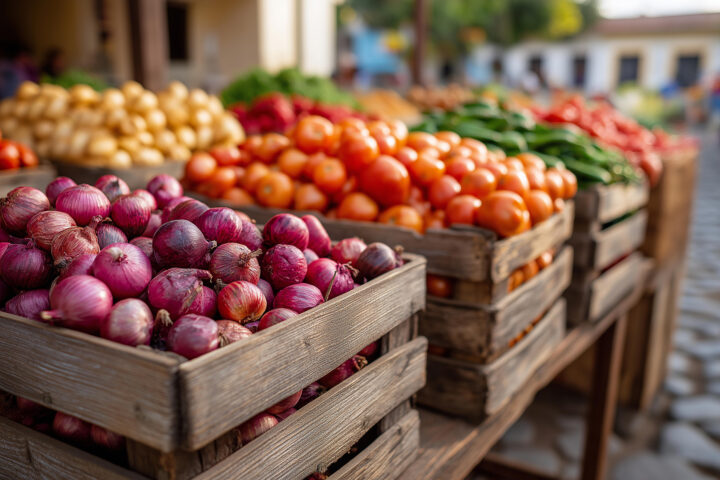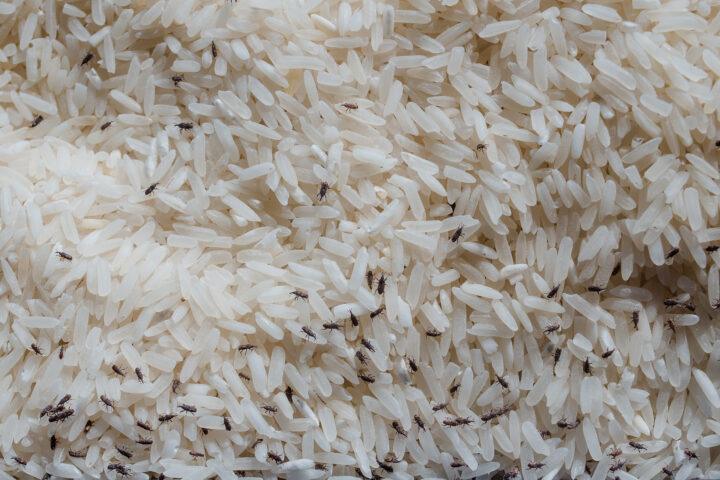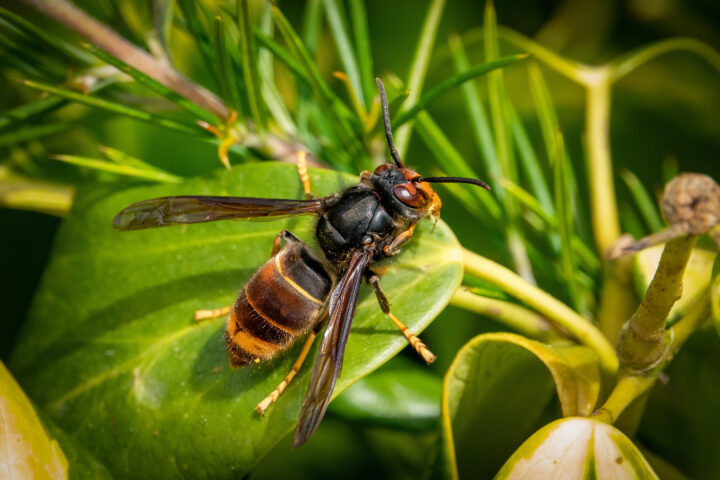
Approval studies for plant protection products are science-based
The approval of plant protection products in Switzerland is subject to strict legal requirements. Ultimately, this approval process is based on scientifically sound studies. These studies are financed by manufacturers, but they must comply with clearly defined governmental requirements and controls. The aim is to ensure reliability and independence.
Wednesday, October 22, 2025
According to the Ordinance on the Placing on the Market of Plant Protection Products (Plant Protection Products Ordinance, PPP Ordinance), applicants must submit comprehensive data on the product’s efficacy, toxicology, ecotoxicology, and environmental behaviour. These data are used to ensure safety for humans, animals, and the environment according to the latest scientific standards. The studies must be conducted using recognised scientific methods and in accordance with the principles of Good Laboratory Practice.
Independence and verifiability
Although the studies are funded by industry, this does not mean they are not independent. On the contrary, the results are reviewed by government authorities such as the Federal Food Safety and Veterinary Office (FSVO) and the Federal Office for the Environment (FOEN). These authorities critically assess the submitted data and can request additional information or studies to verify the safety of the product.
Blindspot article
Independence is ensured through these controls. And, as with scientific studies in general, it is essential that the results are verifiable. This means the findings of approval studies must be transparent, traceable, and thus reproducible at any time. Authorities regularly publish reports on approved plant protection products and the underlying assessments. This enables the public and the scientific community to understand — and, if necessary, challenge — the decisions made.
Criticism and trust
Environmental organisations occasionally express concerns about the independence of industry-funded studies. However, this criticism contrasts with the way these same organisations use scientific studies in their own communications. On swiss-food.ch, we have highlighted cases where environmental organisations have misused scientific research. Strict legal requirements and independent government reviews ensure a high degree of reliability and safety in plant protection product approval studies. Compliance with internationally recognised standards and the transparency of procedures help build trust in the approval process.
In summary, the requirements for approval studies of plant protection products in Switzerland are stringent. Through rigorous controls and independent reviews, they ensure the safety and reliability of these products. Despite being funded by industry, the legal framework guarantees that the studies remain objective and scientifically robust.
Kindly note:
We, a non-native editorial team value clear and faultless communication. At times we have to prioritize speed over perfection, utilizing tools, that are still learning.
We are deeply sorry for any observed stylistic or spelling errors.
Related articles

Faster Approval of Crop Protection Products Long Overdue
Switzerland diligently bans active substances that have also been withdrawn from the market in the EU. Conversely, it is dragging its feet: modern products that are approved in neighboring countries remain blocked. With the adoption of the amendment to the Agriculture Act, the National Council has now taken an important step toward faster approval of plant protection products.

Approvals are becoming a brake on innovation worldwide – and agriculture is being left behind
New findings from the United States highlight what has long been a reality in Europe and Switzerland as well: the development and approval of new crop protection products has become such a complex, lengthy, and costly process that even innovative, sustainable solutions can hardly reach the market anymore.

The ideological misuse of «scientific» studies
Science serves as a basis for political decisions, including in nature conservation. However, a key question is: how trustworthy are the underlying studies and data? An article in the «NZZ am Sonntag» and the explanations provided by Quarks offer revealing perspectives on the quality of scientific studies and the possible misuse of figures.

Why cutting out synthetic pesticides will reduce food production
The UK’s action plan to reduce pesticide use could backfire, warns agronomist Greg Dawson: overly strict regulations may make domestic farming unprofitable – and increase the United Kingdom’s dependence on imports.

Grain beetle eats its way through Swiss grain stores
The grain beetle is spreading in Swiss grain stores. Introduced via international trade, it threatens harvests and impairs food quality.

New problem: soft bugs, native pests discover fruit and vegetables
Soft bugs are spreading at lightning speed in fields and greenhouses in southern Germany. These pests are destroying fruit and vegetables and pushing agriculture to its limits. Effective plant protection products must be found urgently to safeguard harvests.

Three times more Asian hornets – biocides needed
The Asian hornet has been a threat to the native honeybee for several years. The situation continues to worsen. As new figures show, there were almost 4,000 sightings last year – a threefold increase in the number of Asian hornets. The pest is attacking biodiversity. Politicians are also alarmed.

